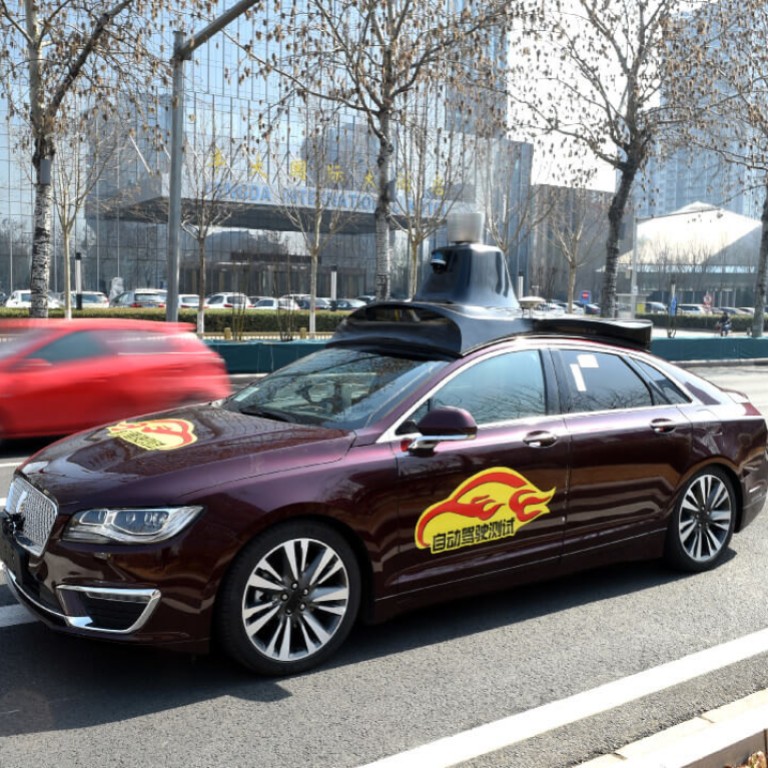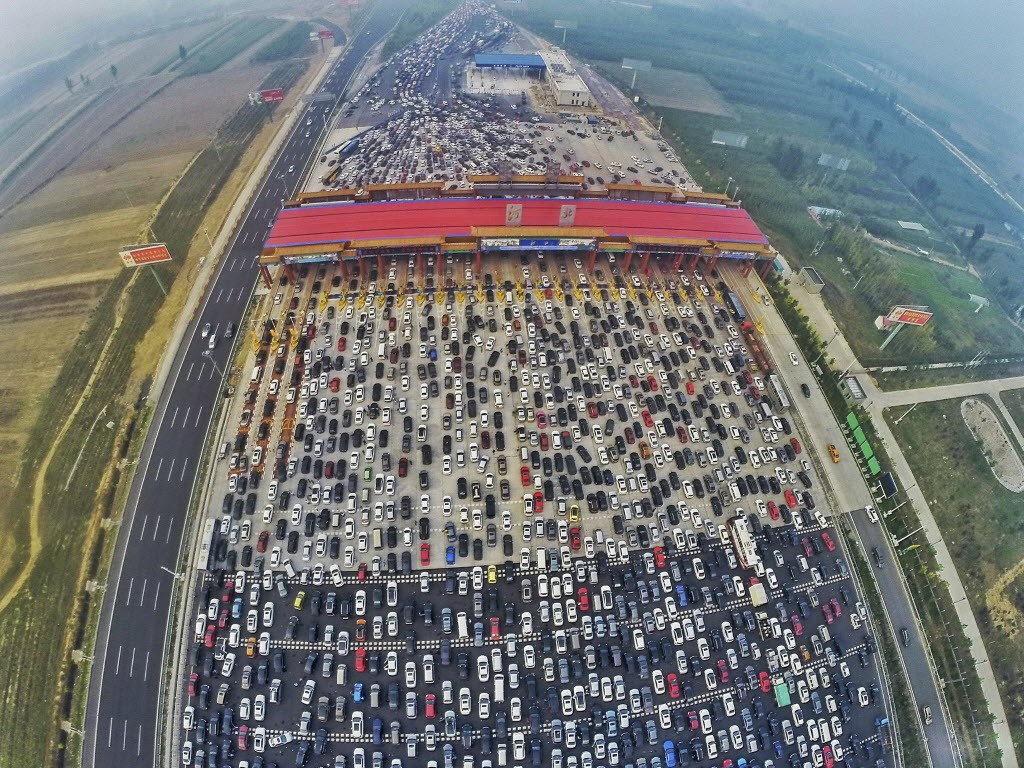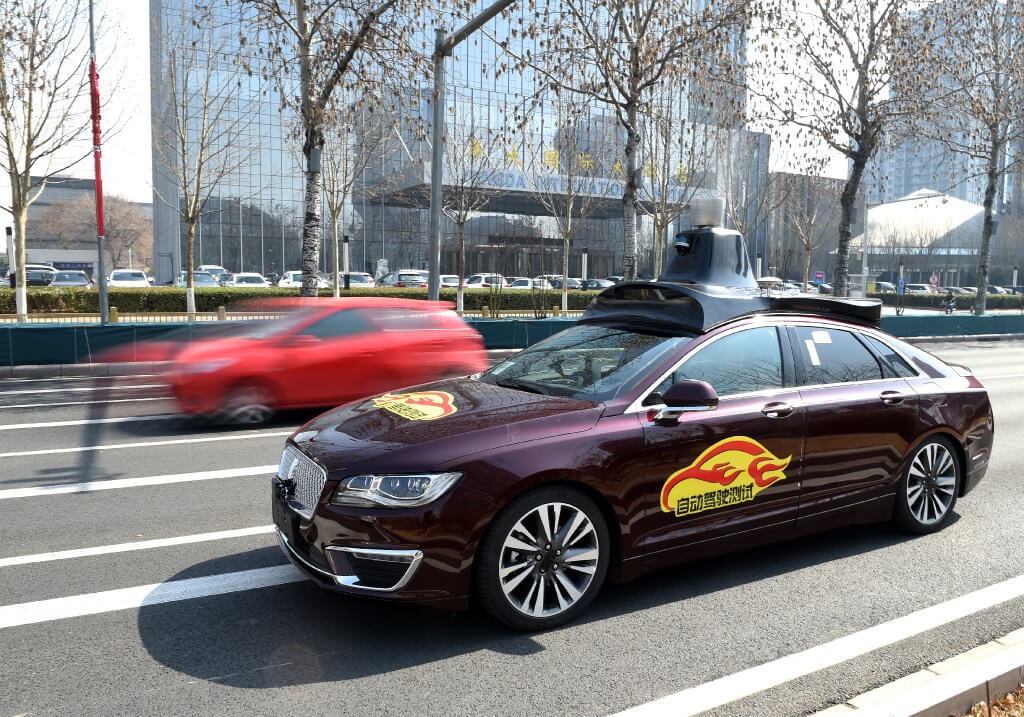Advertisement
Advertisement

How China and the US are steering self-driving cars
Alibaba joins Baidu, Google and Uber in race to replace humans in the driver’s seat
This article originally appeared on ABACUS
Driving in China is no joke. Look at this traffic jam during one holiday in 2015:

Imagine if you were behind the wheel of one of those cars.
Now China’s three biggest tech giants are racing to let machines take over the driver’s seat. Just this week, Alibaba confirmed it’s road-testing autonomous cars and is looking to hire dozens more researchers for the project. (Abacus is a unit of the South China Morning Post, which is owned by Alibaba.)
This comes after Chinese media reported that a Tencent driverless car was seen running on a Beijing highway -- and Baidu was granted a permit to test self-driving vehicles on 30 designated roads in Beijing’s suburbs.
Chinese companies are relatively late to autonomous driving: Google kicked off its Waymo project back in 2009, while Baidu -- largely considered a self-driving pioneer in China -- only began its efforts about five years ago.
The delay could be one reason why Western companies still dominate the scene. No firms from China made the top ten in Navigant Research’s latest autonomous driving scorecard. The top three were General Motors, Waymo, and a joint venture between Mercedes owner Daimler and engineering giant Bosch.
But China wants to get ahead -- and it’s rolling out policies to support homegrown efforts. National guidelines were introduced last week, laying out the rules for testing self-driving cars. All vehicles must first be tested in non-public zones, road tests can only be on designated streets, and a qualified driver must always sit behind the wheel.
In the US, tech companies and carmakers have been pushing for legislative changes to speed up the development of self-driving cars. A proposed law would give them special exemptions from traditional safety rules that require human control in cars. The bill is currently stuck in the Senate.
Some lawmakers believe it’s premature to put thousands of experimental vehicles on the road. Senator Richard Blumenthal told Recode that autonomous driving is still “an emerging and unproven technology.”
Those arguments were bolstered by tragedy. March saw two fatal crashes involving autonomous vehicles in the US: A woman was struck and killed by a self-driving Uber car in Tempe, Arizona -- and a driver died after his Tesla Model X plowed into a concrete lane divider in Mountain View, California.

In the aftermath, China’s vice head of the Ministry of Industry of Information Technology stressed that safety remains a top priority. But Baidu CEO Robin Li seemed to brush aside the Uber accident, claiming autonomous cars are much safer than vehicles driven by humans.
How Baidu's Robin Li founded China's answer to Google
As part of a national goal, China wants at least 10% of vehicles to be “highly autonomous” by 2025, and fully autonomous by 2030. Besides the big three internet giants, a number of Chinese startups -- including several founded by Baidu alumni with presence in Silicon Valley -- are competing to win the race for a driverless future.
For more insights into China tech, sign up for our tech newsletters, subscribe to our Inside China Tech podcast, and download the comprehensive 2019 China Internet Report. Also roam China Tech City, an award-winning interactive digital map at our sister site Abacus.

Post
